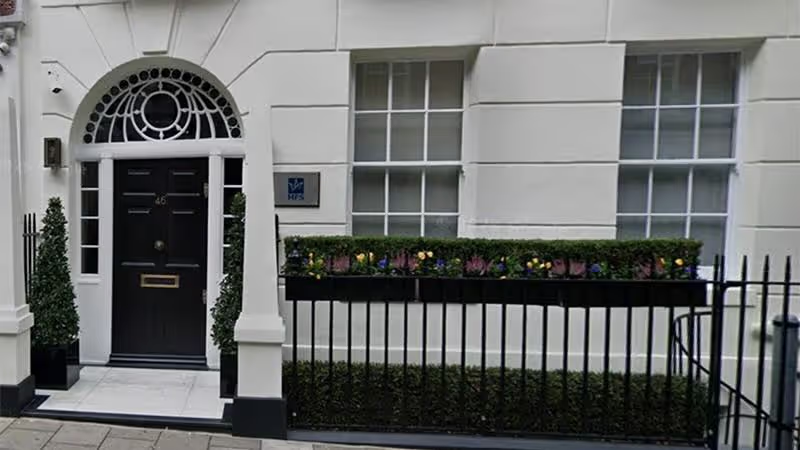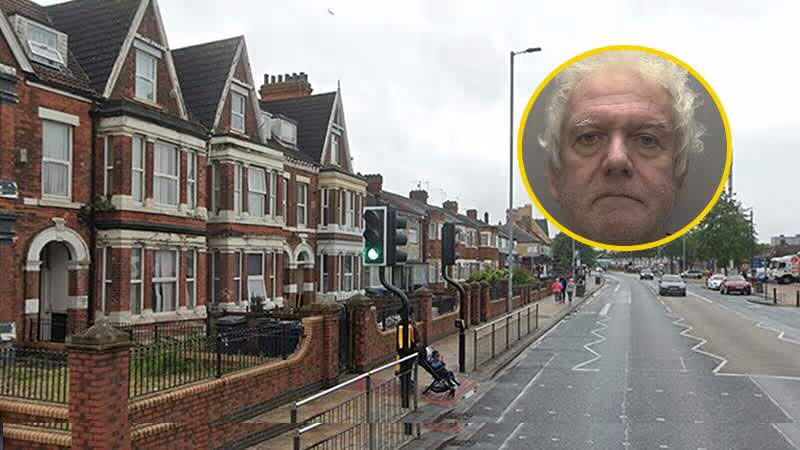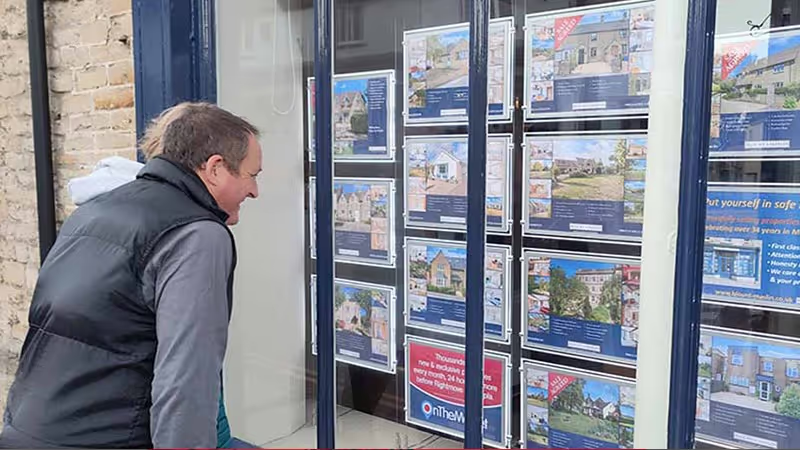The Housing (Scotland) Bill, which aims to improve renters’ lives and prevent homelessness, is a step closer to becoming law after completing scrutiny by a cross-party committee of MSPs.
The Local Government, Housing and Planning Committee approved a number of Scottish government amendments to the bill at stage two, including a plan to allow rents in Rent Control Areas (RCA) to rise in line with inflation +1% and up to a maximum of 6%. These restrictions follow on from a similar rent cap system introduced during Covid but was discontinued in March 2024.
Also, Scotland has tried this before with 'Rent Pressure Zones' introduced in 2017 but,because they were very difficult to launch, none have ever been operational.
The new Bill also contains provisions which would give tenants greater rights to personalise their home, obtain permission for a pet and end a joint tenancy where there is disagreement between the tenants about ending the lease.
It makes provision for the government to introduce further legislation to convert older assured and short-assured tenancies into private residential tenancies.
600 amendments
Nearly 600 amendments were proposed during stage two - the second highest number proposed for any legislation laid before the Scottish Parliament.
Apart from amendments to add purpose-built student accommodate tenancies into local authorities’ assessments of rent conditions - which the government will likely seek to reverse - most of the amendments agreed to have been relatively uncontroversial, according to the Scottish Association of Landlords (SAL).
The Bill will now progress to stage three when MSPs can propose amendments which are voted on by the whole Parliament. SAL is expecting this to start after the summer recess and potentially complete before the end of the year.
It explains: “We need regulations on exactly how RCAs will operate, and importantly which properties will be exempt, and in which circumstances an above-cap rent increase will be allowed within an RCA. This means that it is still likely to be another year or two (and possibly longer for some provisions) before they come into force.”
The government is conducting a public consultation on how powers within the Bill could be used, which can be read and responded to here before 18th July.
Read the latest version of the Housing (Scotland) Bill.















.avif)
.avif)




%20(2).avif)
















Comments